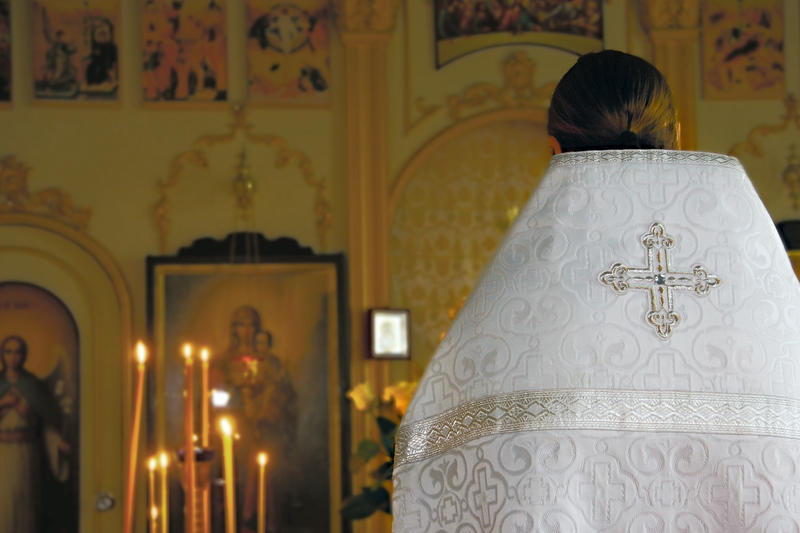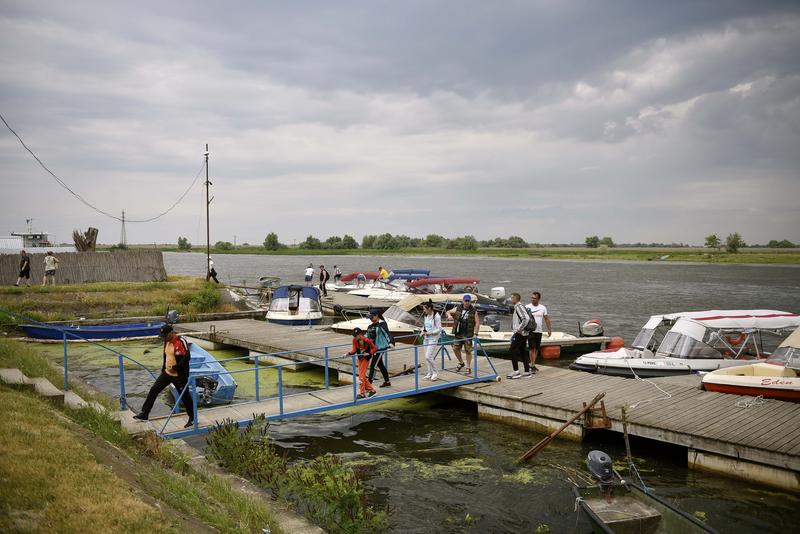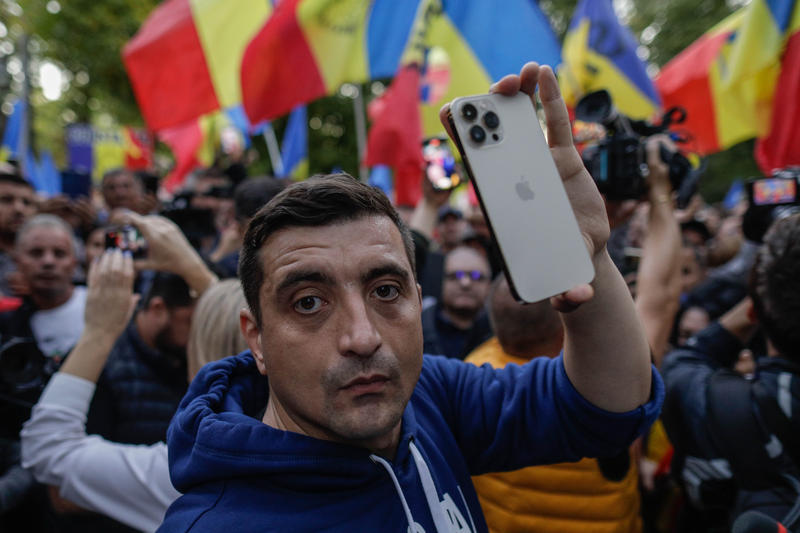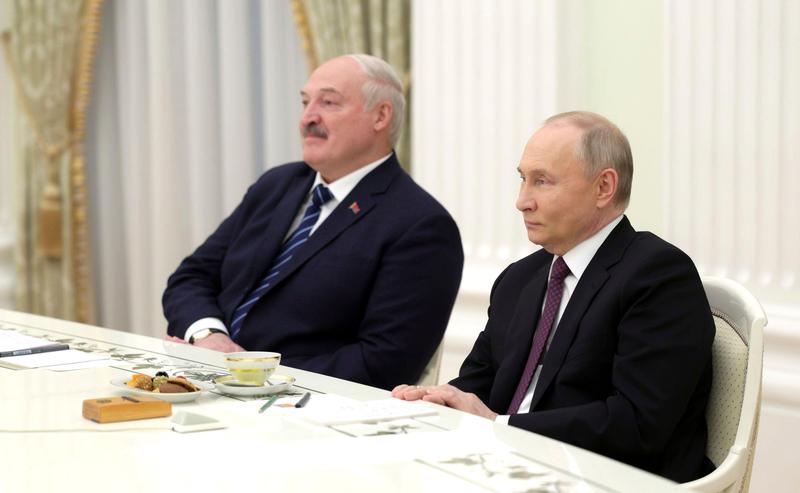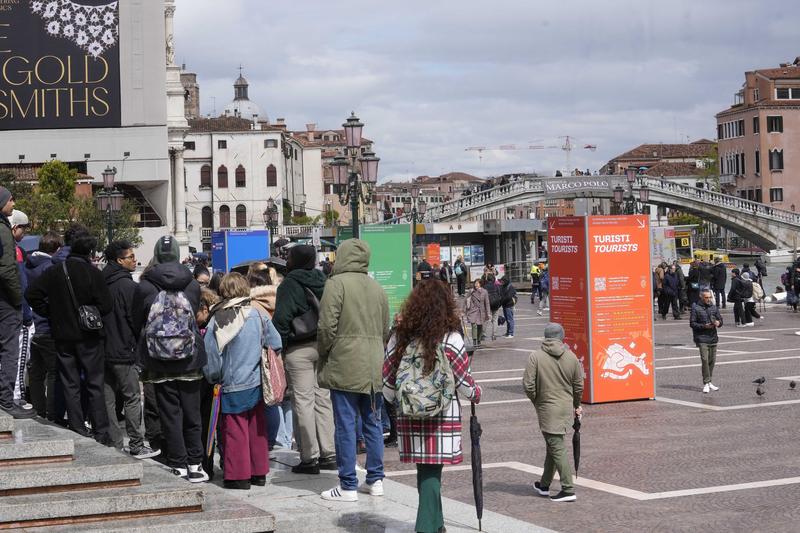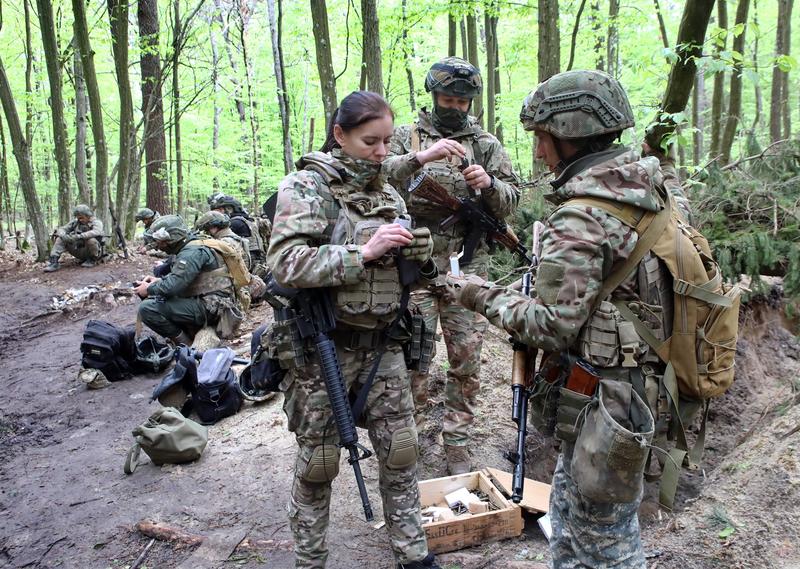To her admirers in Brussels, the slight woman in the white jacket is a hero who presided over Romania's transformation from one of Europe's most corrupt corners into a credible candidate to join the European Union.
To the bent politicians, policemen and judges who continue to exert a powerful grip over post-communist Romania, Monica Macovei, a softly spoken human rights lawyer, has been a formidable enemy.
When she became Romania's justice minister in January 2005 the country's bid to join the EU was an embarrassment to Brussels. In spite of a number of legal reforms and political promises, Bucharest's fight against corruption was going nowhere.
But this week Olli Rehn, the EU's enlargement commissioner, will reward the country's rapid progress when he paves the way for Romania to join the European Union in 2007.
Renate Weber, head of the Open Society Institute in Romania, an NGO, says the government still falls short in implementing reforms related to fighting corruption, but that Ms Macovei's star status in Brussels is deserved.
"Definitely her determination to combat corruption is unquestionable," she says.
Although Romania's entry is expected to be conditional on an autumn assessment of the country's continuing reform efforts - particularly in the field of agriculture - and subject to more rigorous post-accession monitoring than other recent joiners, Mr Rehn will no longer wave any "red flags" over the country's approach to corruption.
Ms Macovei's efforts, sustained by public support and solid backing from Traian Basescu, Romania's president, stands in contrast to the performance of the country's southern neighbour, Bulgaria, whose own membership bid is now the biggest headache for Brussels.
Mr Rehn will tomorrow give red flag warnings to Bulgaria for having no tangible results to show in investigating or prosecuting organised crime, failing to implement properly laws to tackle fraud and corruption, insufficiently enforcing money-laundering rules and for poor controls over the spending of EU regional aid.
Although Mr Rehn wants Bulgaria to join on time in 2007, that will depend on another assessment in the autumn of whether Bulgaria is belatedly taking seriously the fight against corruption, fraud and serious crime. A delay of one year is a possible punishment.
The full article in Financial Times

